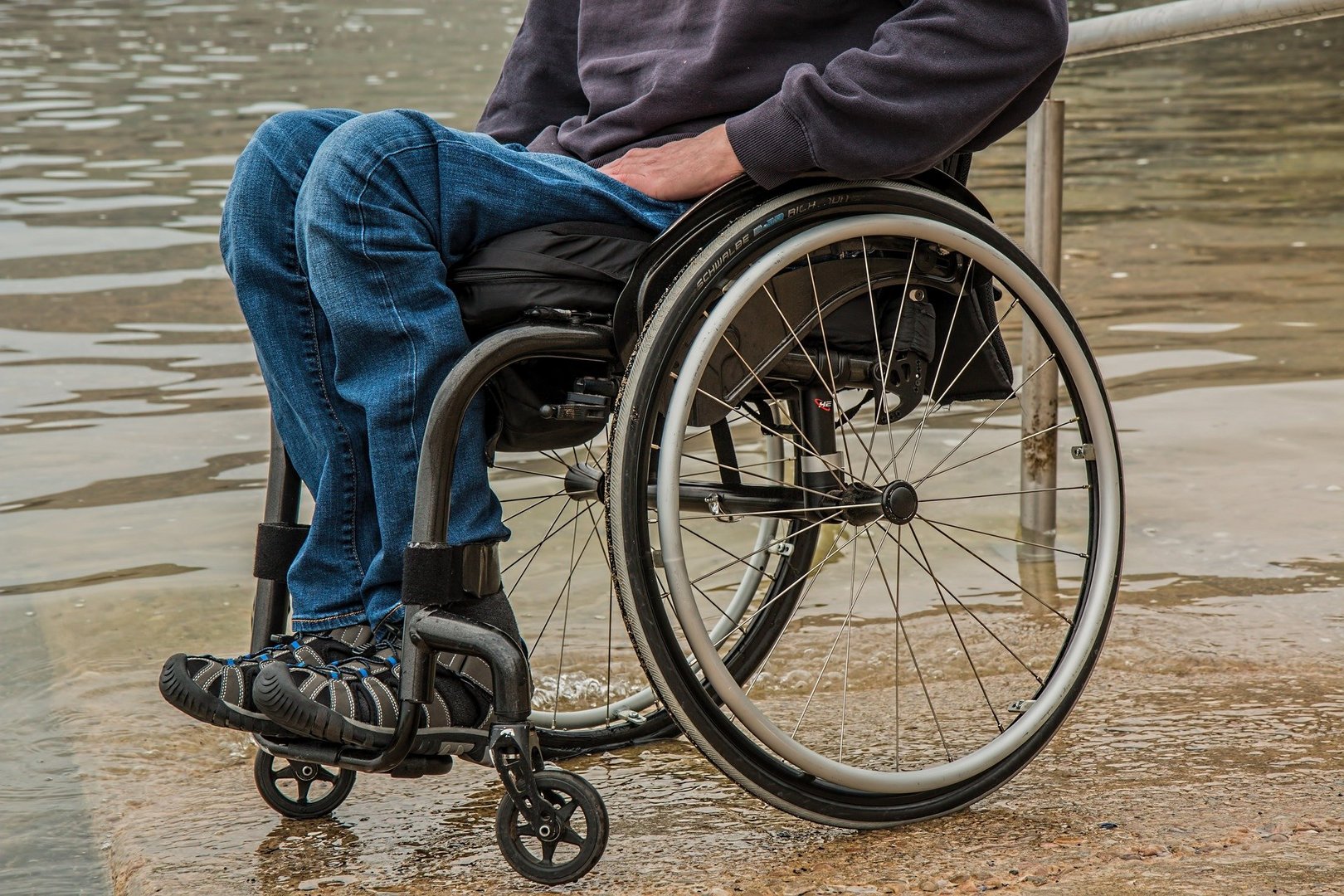A bill to allow disabled people to receive the minimum guaranteed income regardless of how much other family members earn was discussed on Tuesday at the House labour committee, with the deputy welfare ministry questioning whether this should be allowed.
The deputy welfare ministry told the committee it believed people with disabilities should continue to receive just part of the allowance.
MPs said deliberations on the bill should be wrapped up by December so it can be sent to the House plenum for approval.
The bill was proposed in 2022 by Edek MP Andreas Apostolou, who said the deputy ministry’s positions did not satisfy him and he would be looking into ways to continue discussions.
Chairman of the committee Andreas Kafkalias said linking the disability allowance with the GMI was “unacceptable” and that the cost of disability was the “responsibility of the state” and should not be rolled onto the families.
“Legislation and the framework of the MGI cannot cover the state’s responsibilities towards people with disabilities, included in the UN Convention for the Rights of Persons with Disabilities. This is the problem. This is what the government seems to find hard to understand,” Kafkalias said.
Apostolou said that with his bill he was protesting a “huge injustice” against disabled people, whose allowances were cut as soon as they got married or moved in with someone.
President of Kysoa, the umbrella confederation for organisations of disabled people, Themis Athopoulou said the deputy ministry proposed an allowance of €368 regardless of other income criteria.
She said Cyprus had a “negative” ranking among EU countries, with just 0.7 per cent of GDP going to people with disabilities, compared to the 2 per cent European average.
Anthopoulou added that the bill’s provisions would cost €22 million, which the state said was an “exorbitant cost” despite there being a budget surplus of €1.1 billion for 2024.
She also pointed out that the labour market was largely not open to people with disabilities and it was unacceptable for the state to consider the costs the responsibility of family members.
President of the Paraplegic Organisation Demetris Lambrianides said that unfortunately the deputy ministry was passing the cost onto the families instead of protecting vulnerable people.
“We are very disappointed with this development, which indicates that the deputy welfare ministry unfortunately does not want to change the situation and upgrade the quality of life of the most vulnerable people, nor does it want to undertake its responsibilities,” he added.







Click here to change your cookie preferences